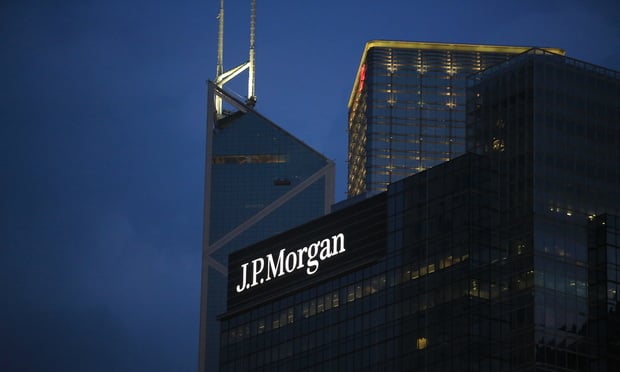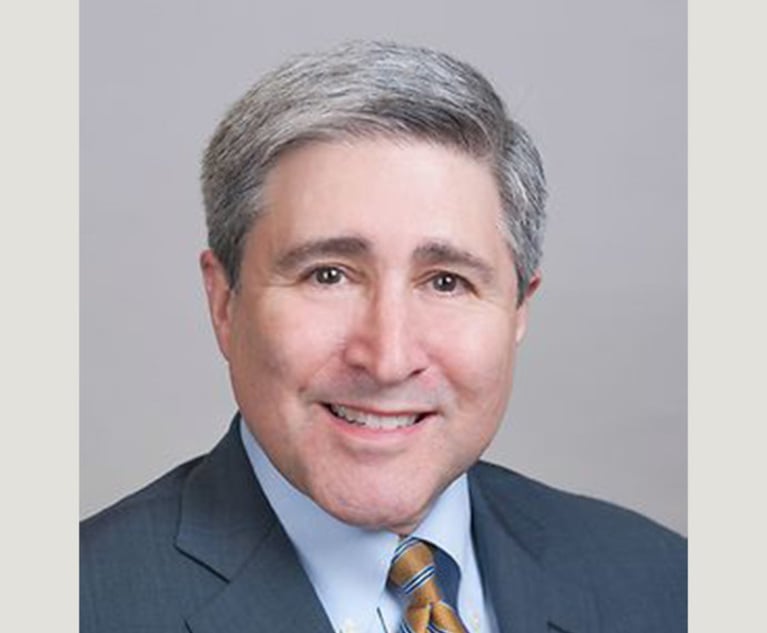Reforms to the $708 trillion private derivatives market arereducing systemic risk while some rules need more work before beingimplemented, said Stephen O'Connor, chairman of the InternationalSwaps and Derivatives Association.
|“There is today serious concern about some of the other policiesunderway” related to the Dodd-Frank Act that toughens oversight ofthe market, O'Conner, Morgan Stanley's global head ofover-the-counter client clearing, said at ISDA's annual meetingtoday in Chicago. He cited differences between new swaps rules inEurope and the U.S., known as extraterritoriality, and mandatedelectronic execution for swaps as issues the industry wants toaddress.
|Banks, hedge funds and asset managers active in theover-the-counter derivatives market are adapting to changesmandated by the Dodd Frank Act passed by Congress in 2010,including a requirement to process most swaps with a clearinghouseto cut counterparty risk. While embracing measures to adoptclearing, the industry group has opposed requirements that anycleared swap be traded on exchanges or similar electronicsystems.
|“There's little to suggest it will benefit users,” O'Connorsaid, referring to ISDA research that found that requiringelectronic trading would reduce trading and increase the gap inprices to buy and sell swaps.
|A proposal by the Commodity Futures Trading Commission thattraders get a minimum of five price quotes before a transaction“needs further consideration,” O'Connor said. Many bank swapscustomers “are opposed to this since excessive inquiry might itselfstimulate an adverse price move,” he said.
|Profit Center
|The reforms are aimed at one of Wall Street's largest profitcenters. The largest dealers make a collective $30 billion a yearby executing fixed-income swaps, such as for interest rate andcredit risk, with their customers, compared with $3 billion to $5billion a year from trading fixed-income futures, according toconsulting firm Oliver Wyman.
|The CFTC has completed 100 rules out of a total 400 to cut risksin the market, O'Connor said. The industry lowered systemic risk byadopting clearing ahead of regulations and through collateralagreements that protect against counterparty losses, O'Connorsaid.
|“ISDA strongly supports clearing requirements but wants to makesure the implementation is done right,” he said in opening remarksat the conference. “We don't want to see a race to the bottom onmargin terms,” or fragmentation of clearinghouses that will makethe market less stable, he said.
|Non-cleared interest-rate swaps trades have decreased to 28percent of the market, he said. O'Connor was appointed as ISDAchairman a year ago, “a time of significant change in our marketsand our firms,” he said. “Life as we know it will change.”
|ISDA, the lobbying and industry group for swaps users, has morethan 800 members in 58 countries, O'Connor said.
|Bloomberg News
|Copyright 2018 Bloomberg. All rightsreserved. This material may not be published, broadcast, rewritten,or redistributed.
Complete your profile to continue reading and get FREE access to Treasury & Risk, part of your ALM digital membership.
Your access to unlimited Treasury & Risk content isn’t changing.
Once you are an ALM digital member, you’ll receive:
- Critical Treasury & Risk information including in-depth analysis of treasury and finance best practices, case studies with corporate innovators, informative newsletters, educational webcasts and videos, and resources from industry leaders.
- Exclusive discounts on ALM and Treasury & Risk events.
- Access to other award-winning ALM websites including PropertyCasualty360.com and Law.com.
*May exclude premium content
Already have an account? Sign In
© 2024 ALM Global, LLC, All Rights Reserved. Request academic re-use from www.copyright.com. All other uses, submit a request to [email protected]. For more information visit Asset & Logo Licensing.








